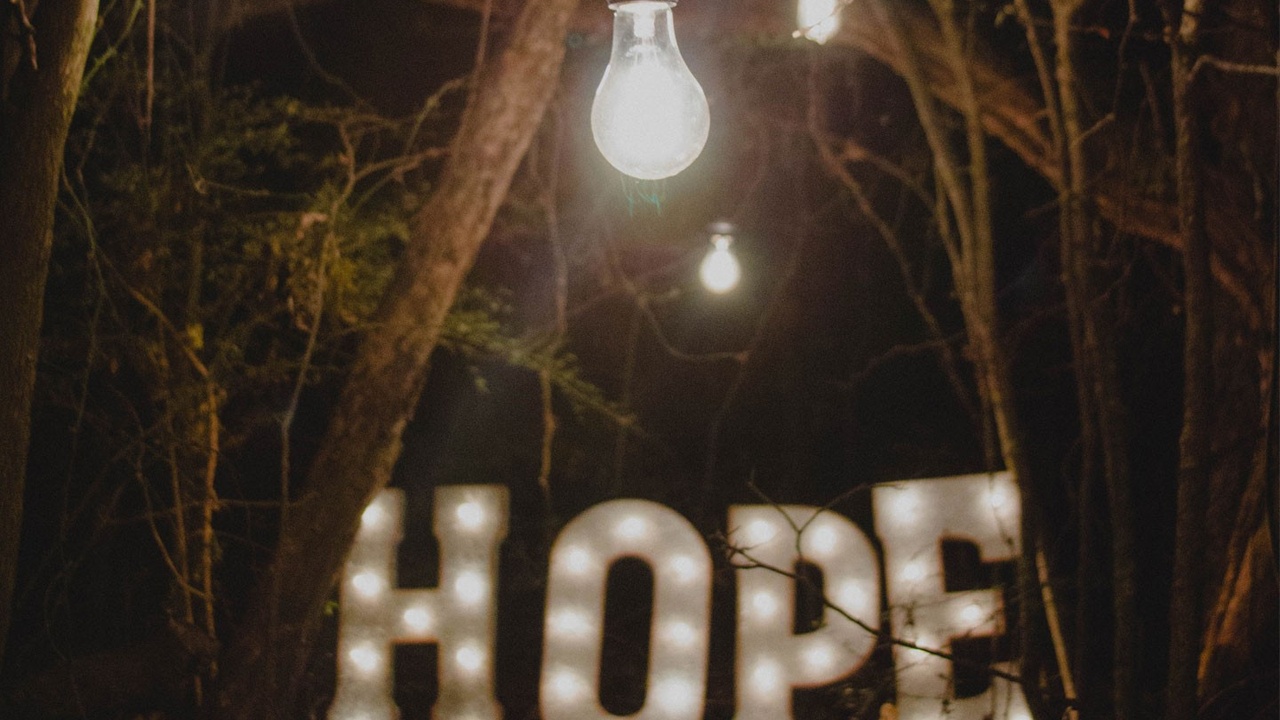
Unlock the Door to Your ‘Good Death’
Feb 03, 2020“I was so relieved when I named and declared my fear around my death and dying. I’ve been carrying it around for so long, and thought I was the only one.” This was shared by one of the participants at Willow’s Legacy, Love Letters + Heart Wills workshop this past weekend in Vancouver, Canada.
Hopes and Fears is an exercise that Michelle and I have facilitated countless times as part of our foundational inquiry work to help (mostly healthy) people explore the reality of our mortality and prepare for our inevitable death. (This exercise appears in the 7 Tools for Making Sense of Life & Death workbook and the 7 Tools online program.) It’s often the first time people think deeply and consciously about their own death and dying. In a previous workshop another participant exclaimed wide-eyed, “I’m 65 years old and it just occurred to me that one day this journey’s going to end!”
Naming your hopes and fears is probably the simplest exercise in our toolbox and yet it’s the most essential and profound. Here’s why:
Acknowledging your hopes and fears around your inevitable death and dying is the natural starting point for meaningful end-of-life planning.
Whether it’s writing your legal will, thinking about how you want to be laid to rest, or articulating your personal and health-care wishes, you need to know what you want and don’t want, what you fear, and what you desire. Your hopes and fears are integral to informing all aspects of your end-of-life planning and ensuring that your thoughts, conversations, and written documents reflect the essence of who you are.
Fear of death and dying can prevent you from living and loving fully.
There are many books and essays written about this topic, and we wrote briefly about it in the blog post, Imagining Your Death Will Enrich Your Life. What is well known is that when you’re gripped by any fear, be it realistic or irrational, you limit the way you live in some way. Some say that the fear beneath all fears is the fear of dying, and coming to peace with death is no small feat. But just the simple act of acknowledging that you—like all other beings—will die, can bring a great sense of peace and joy to your precious and finite life.
Denying your hopes and desires for your version of a ‘good death’ can rob you of that very opportunity.
Though we hear different answers to our query about hopes and fears at every workshop, there are several persistent themes. People fear dying in pain, dying alone, dying suddenly in a tragic way, dying before their children are independent, losing control of their lives, leaving a mess behind, not having a chance to say goodbye, being angry or afraid, dying full of longing and desires, and people fear that they’ll be a burden to their family.
Common hopes and desires include wanting to die at home, being surrounded by love, dying comfortably, being spiritually or emotionally ready, being pain free, having no unfinished business, feeling like they lived their best life, and people hope to have time to say goodbye and express love to the important people in their lives.
Death may be inevitable and unpredictable, but many of the fears on this list can be mitigated and many of the hopes, materialized. The first step is to name them.
What about you?
What are your hopes and fears about your inevitable death?



